Support with grant applications
The Institute is committed to advancing the quality of our scientific research and ensuring our discoveries have real world impact. Securing additional, external funding facilitates this commitment by increasing the breadth of research programmes we can undertake.
The funding arena is highly competitive. To maximise the strength and quality of grant applications submitted by our scientists, the Grants Advisor provides support throughout every step of the process.
The Grants Advisor works closely with Group Leaders and Postdoctoral Fellows, helping them to secure additional funding to diversify and expand the scope of research activities or advance career development.

FAQs
Every research proposal must answer three questions: what do you want to investigate, why is this important, and how are you going to do it?
The what, centres on developing robust aims and objectives; the why, on “how you can maximise the reach of your research”; and how relates to methods and planning ahead.
Here are some general guidelines:
- Always keep your project plan in mind.
- Write in plain English.
- Be specific about what you plan to do.
- Focus your application on the funder’s priorities.
- Provide evidence that your work is needed.
- Include all the information the funder has asked for and any additional information or documents they require.
- Take extra care to meet the deadline.
- Make your budget as specific as possible.
However, there is plenty of guidance and tips on how to write a good grant application from funding bodies and other academics who consider themselves experts in this area. It is also helpful to talk to colleagues who sit on Funding Committees or apply to sit on one yourself to get experience on what funding organisations look for.
Funders
https://www.ukri.org/blog/12-top-tips-for-writing-a-grant-application/
https://www.ukri.org/councils/esrc/guidance-for-applicants/how-to-write-a-good-application/
https://wellcome.org/grant-funding/guidance/prepare-to-apply/how-to-write-wellcome-grant-application
Speak to the Grants Advisor as soon as possible. Complete and return an ‘Intention to submit’ form (ITS), which captures key details of the application and applicants that enables the Grants Advisor to set in motion the steps to fully support the process.
The Committee is comprised of a Chair, Deputy Chair and currently two other members. They are all Senior Group Leaders with vast experience in writing and securing grants, as well as sitting on funding review committees. They will carefully review the scientific proposal and give critical feedback on structure and content to help improve the quality and clarity of the application, increasing chances of success.
Yes. A good quality draft proposal should be made available to the Grants Committee for review at least four weeks prior to the deadline. Less experienced applicants may need to submit six-to-eight weeks prior to the deadline.
Our vision for world leading cancer research in the heart of Manchester
We are a leading cancer research institute within The University of Manchester, spanning the whole spectrum of cancer research – from investigating the molecular and cellular basis of cancer, to translational research and the development of therapeutics.
Our collaborations
Bringing together internationally renowned scientists and clinicians
Scientific Advisory Board
Supported by an international Scientific Advisory Board
Careers that have a lasting impact on cancer research and patient care
We are always on the lookout for talented and motivated people to join us. Whether your background is in biological or chemical sciences, mathematics or finance, computer science or logistics, use the links below to see roles across the Institute in our core facilities, operations teams, research groups, and studentships within our exceptional graduate programme.



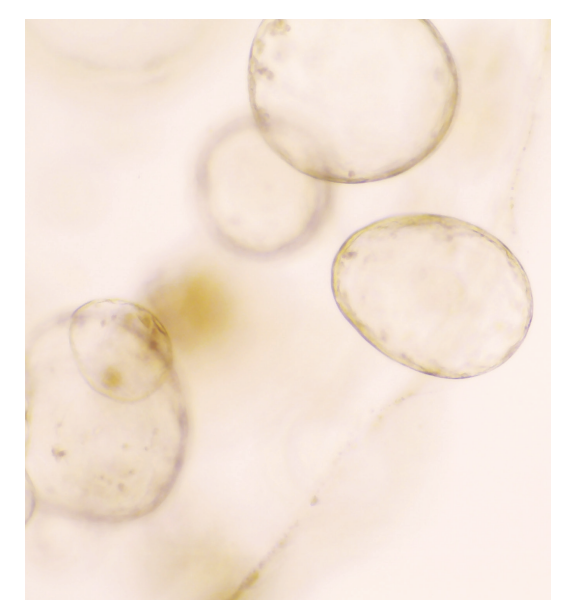




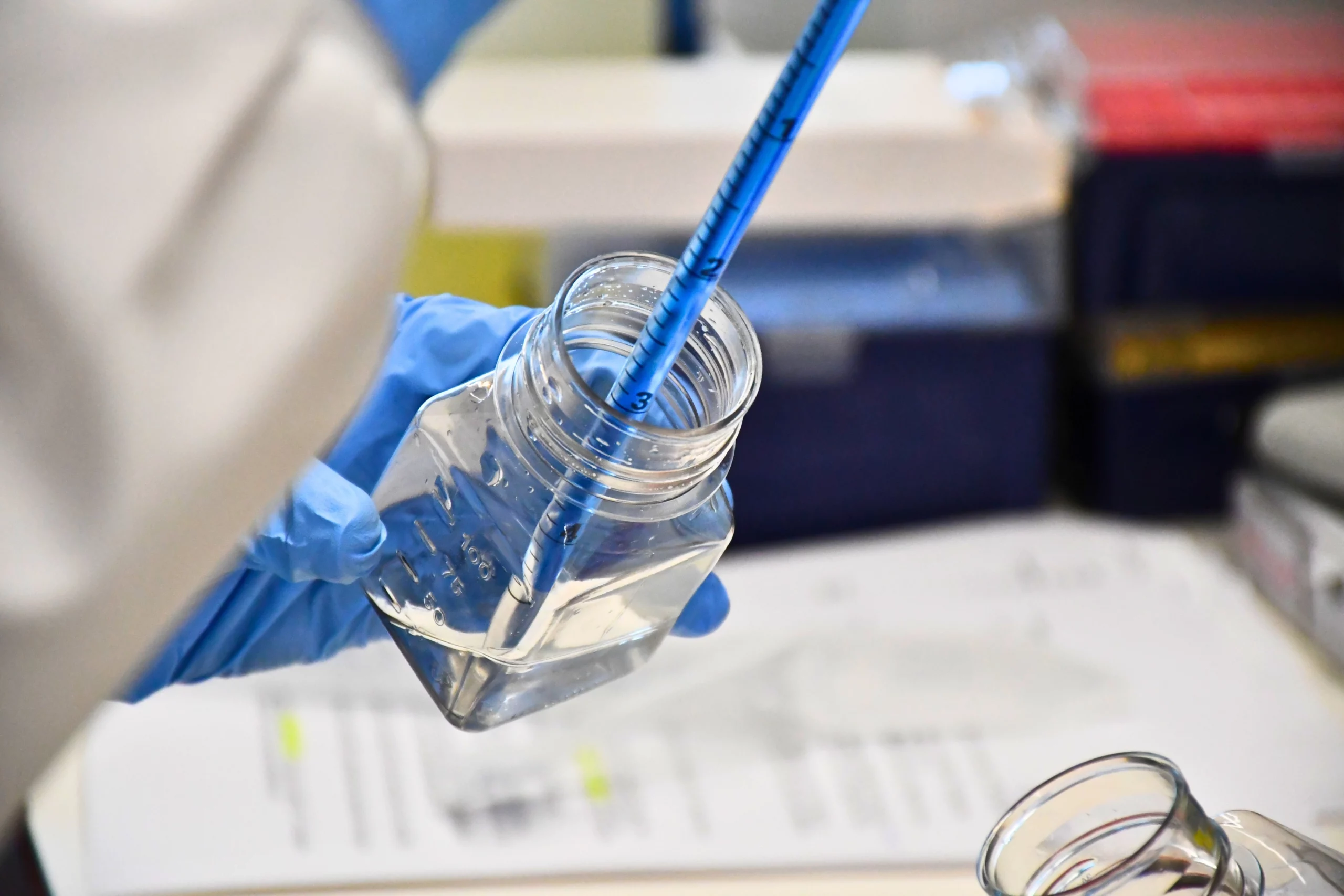

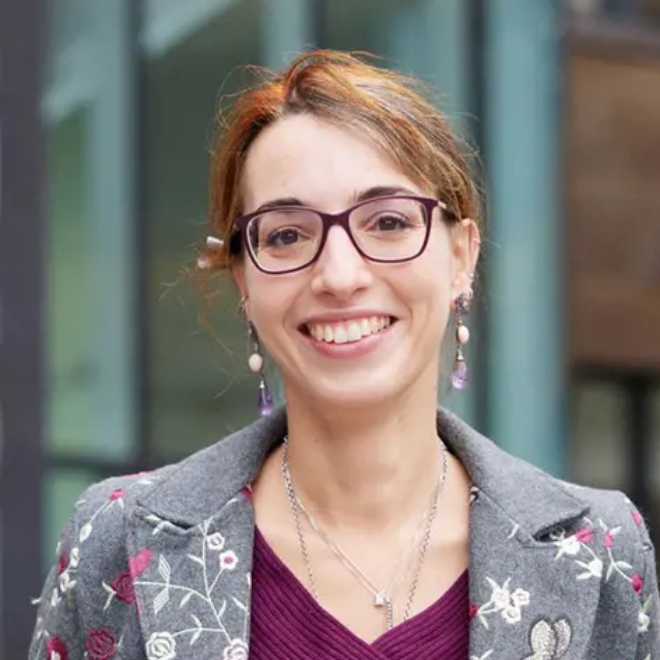
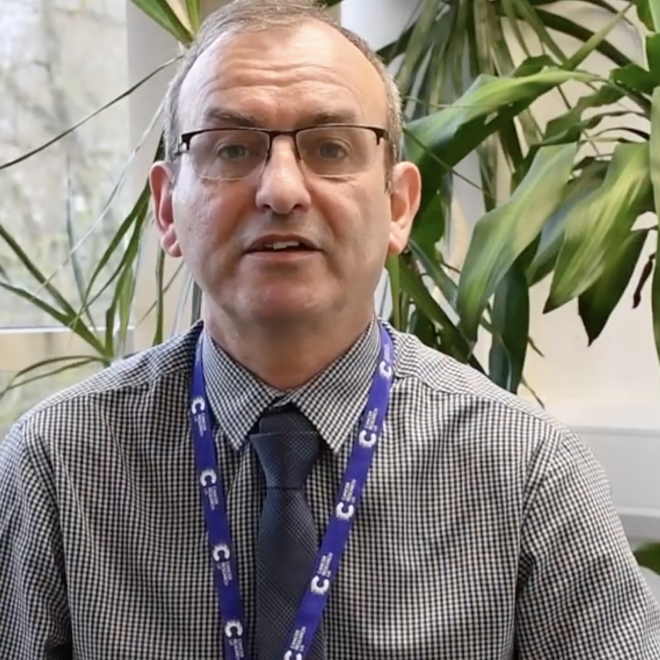
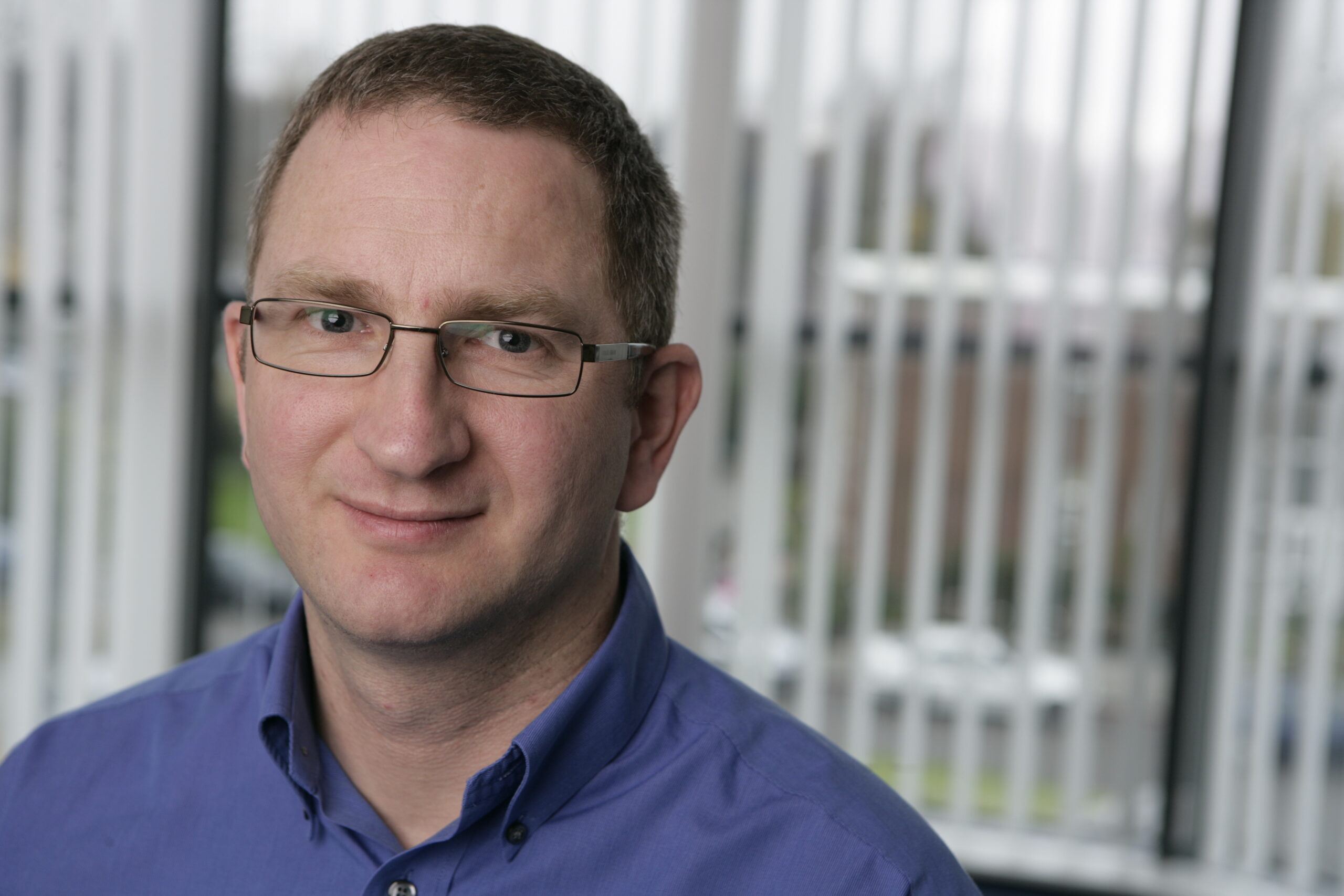
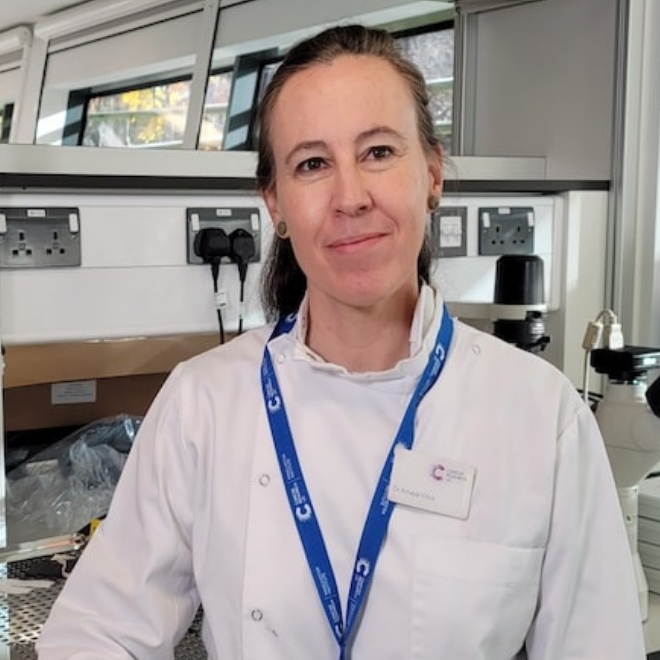
A note from the Grants Advisor – Gillian Campbell
“I really enjoy supporting the Group Leaders and other researchers in the Institute with their grant applications. It gives me great satisfaction to help them, along with the invaluable support and advice of the Grants Committee, to write the best possible application to increase their chances of securing funding. It is highly rewarding when our researchers are awarded their grants and are able to expand their programmes of research.
I also enjoy my role in supporting the communications arm of the Scientific Operations department, helping to publish the annual Scientific Report, Newsletters, and editing the website.”